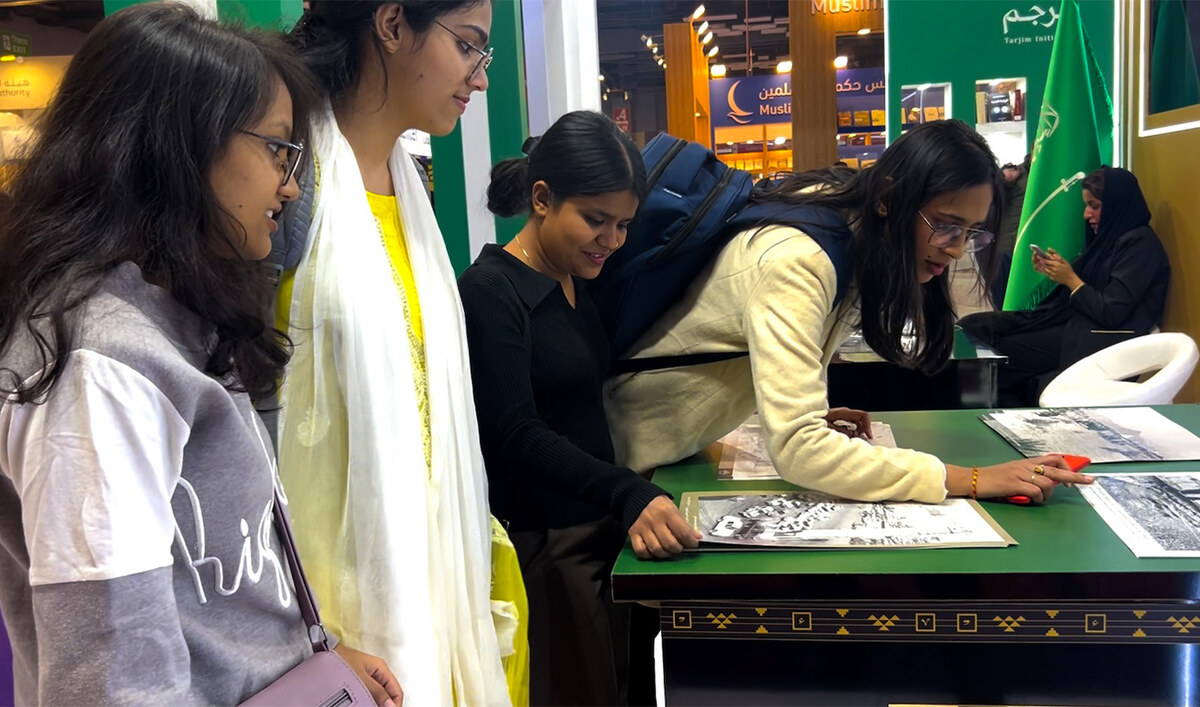LONDON:The UK lacks the military means to help Israel defend itself from Iranian ballistic missile attacks, defense experts have told the Daily Telegraph.
Iran struck Israel with nearly 200 long-range ballistic missiles on Tuesday, but RAF Typhoon aircraft based in Cyprus lacked the weapons needed to intercept them.
They were instead relegated to a monitoring role, with the Ministry of Defense saying they “did not engage any targets.”
The Royal Navy’s fleet of Type-45 destroyers is also ill-equipped to respond to such attacks, according to former Defense Secretary Ben Wallace.
Its two carrier groups, meanwhile, are reportedly understaffed to the point where they would struggle if deployed to an active war zone.
Tom Sharpe, former navy commander, told the Telegraph: “Our involvement (in the response to Iran) was underwhelming and it’s a reflection of 40 years of underfunding. Given what is going on in the Middle East and Russia, we need to expedite our ability to provide ballistic missile defense from our T-45 destroyers.”
MoD sources told the newspaper that “the Armed Forces remained open to the changing situation in the Middle East,” and were capable of destroying incoming ballistic missiles.
RAF jets took part in defending Israel from an Iranian missile barrage in April following an Israeli attack on Tehran’s consulate in Damascus. However, that Iranian attack involved less sophisticated cruise missiles and drones.
The ballistic missiles used in Tuesday’s attack fly faster and on higher trajectories, making them harder to intercept.
Tehran is believed to have spent large sums on developing its ballistic missile program in recent years, and US intelligence believes it to have a stockpile of over 3,000.
The UK plans to equip its Type-45s with next-generation Aster 30 interceptor weapons to intercept ballistic missiles, but the development program, though approved by the MoD, is yet to get underway.
Wallace, who green-lit the program, told the Telegraph: “Britain could have the capability to have a Type-45 permanently guarding our shores equipped with the upgraded Aster 30.
“We should, with immediate effect, seek to accelerate the already planned upgrade of their missile systems in light of what we are seeing in the Middle East.”
The US was able to deploy three Arleigh Burke-class destroyers to help defend Israel against the missile salvo.
UK forces, initially deployed to the region to conduct missions against Daesh in Iraq and Syria, have seen their numbers bolstered since the Oct. 7 attacks on Israel by Hamas last year.
However, their combat capabilities have been repeatedly questioned, including after a Telegraph investigation discovered that manpower shortages meant the Royal Navy was not at “optimal readiness” to be deployed to the Red Sea to counter the threat posed by the Houthis in Yemen to global shipping.
A source told the Telegraph: “The Navy has clearly been hiding the fact it has a clear problem with getting sailors to sea. They don’t have enough people to crew the ships they already have, let alone new ships.”
Wallace said the UK’s F-35 aircraft, which fly from its carrier groups, were also poorly equipped to deal with threats in the Middle East.
“Sadly, because of slow walking by the F-35 Joint Programme Office in the US, Britain’s F-35s cannot enjoy the full range of weapons that we would like to put on them.
“This limits its utility and means that a land-based Typhoon still offers the best offensive capability in the Gulf region.”
He added: “If F-35s were properly equipped with the right missiles it probably is worth sending, but at the moment it isn’t. It would go down there and guard American aircraft carriers and not maximize its potential.”
Sharpe said: “We are getting a little fixated by drones and swarm attacks and yet, if you look at the Red Sea, 94 percent of attacks on shipping contained missiles.
“Tuesday was 100 percent missiles. The good old missile is not going away. All of this needs more money.”


























